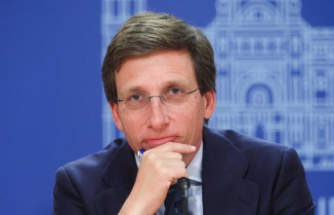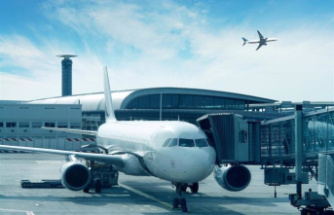Los Angeles City Council members took an early dive Tuesday into a proposal to add more dedicated police officers to neighborhood streets, after receiving complaints from residents and the police union that not enough officers are patrolling the streets amid an uptick in crime.
Robert Harris, a Los Angeles Police Department officer and member of the police union’s board of directors, urged council members at a Public Safety Committee hearing to “find ways to get more officers on patrol now, not later.”
“For over a year, we worked with all of you on long- and medium-term solutions,” Harris said. “This year, however, residents and officers can no longer wait. We need immediate solutions.”
Harris said that this past Sunday, four police divisions, including two in the San Fernando Valley, fell below their minimum patrol levels.
“Two of our highest crime divisions, Newton and 77th, went below their basic minimum eight car deployments, and two of our largest geographic areas, Van Nuys and West Valley, did as well,” he said.
The comments came as the Public Safety Committee discussed the city’s policing resources during a hearing on a motion calling for an examination into how well the police department is staffing its 168 “basic cars,” which are assigned to patrol local neighborhoods.
A recent staffing report found that “only 133 basic cars and 19 ‘extra’ patrol cars were deployed citywide,” according to the motion, which was authored by councilmen Mike Bonin and Joe Buscaino.
The motion calls for more local patrols, or “community policing,” that are more “decentralized,” with the authors describing the strategy as a “philosophy of full service personalized policing, where the same officer patrols and works in the same area on a permanent basis from a decentralized place, working in a proactive partnership with citizens to identify and solve problems.”
The number of officers patrolling the streets today has declined since 1969, despite more officers on the books and twice as many people living in the city, according to the motion.
The police union conducted a survey that found that 87 percent of the officer respondents felt there were enough officers deployed “to respond to 911 calls in a timely manner,” while 89 percent did not feel that “deployment was sufficient to conduct community policing,” the motion said.
The committee chair, Councilman Mitch Englander, said Tuesday that council members and the public have waited a long time to get reports back on the condition of its policing resources, and called for more “regular” updates in the future, if not annual ones.
Today’s hearing, which is expected to be part of a larger conversation, turned into a de facto “annual” crime statistics discussion, Englander noted.
“Welcome to the annual meeting of crime statistics and where our community policing and basic cars are, because that’s what this has become,” he said. “And I think everybody is a little bit frustrated with that — the general public as well as the department.”
Last year, in response to a spike in violent crime in some parts of the city, police Chief Charlie Beck and Mayor Eric Garcetti rolled out what was only supposed to be a temporary solution of expanding the Metropolitan Division by pulling in about 200 officers from other areas who can be deployed to crime hotspots around the city as needed.
Our editors found this article on this site using Google and regenerated it for our readers.













